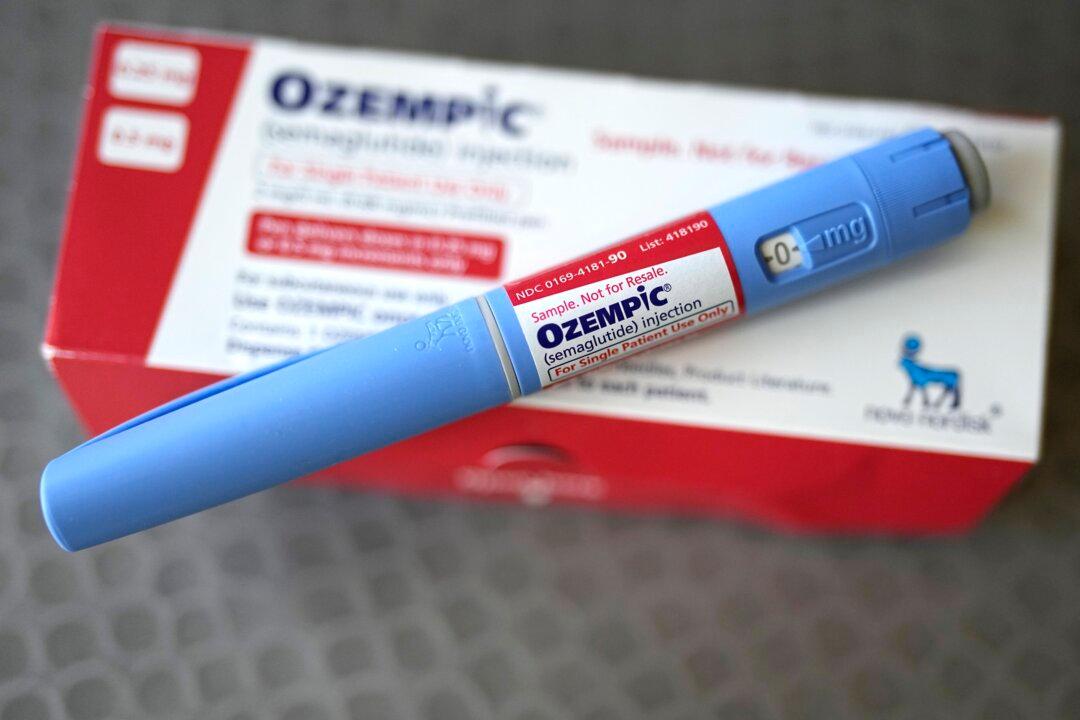A federal court in Texas has ruled against a trade group representing compounding pharmacies, siding with the Food and Drug Administration (FDA) and pharmaceutical company Novo Nordisk in a dispute over copies of the popular weight-loss and diabetes drugs Ozempic and Wegovy.
The ruling, issued April 24 in the U.S. District Court for the Northern District of Texas, denied a request from the Outsourcing Facilities Association (OFA) to block the FDA’s recent decision to remove semaglutide from its drug shortage list.





